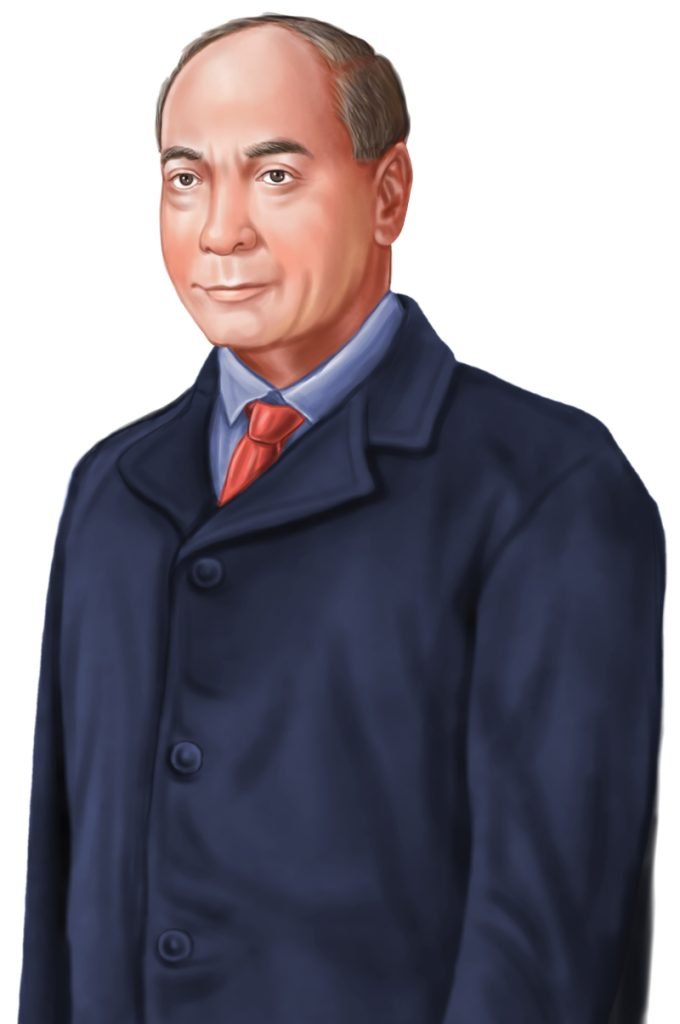An American pharmacologist and biochemist. Dr. Earl W. Sutherland (19 November, 1915–9 March, 1974) received Nobel Prize for Medicine, in 1971. He was a Professor of Physiology at the Vanderbilt University in the U.S.A. He started his research while studying how the hormone epinephrine signals cells to release more sugar into the blood so that an organism may respond to stress. He invented that epinephrine works by stimulating another chemical messenger to start the sugar-releasing process in the cell. He also discovered that the hormones in the human body create another substance recognized as cyclic A.M.P., which activates them and controls the cells of the body. He demonstrated that changes in the level of cyclic A.M.P. in the body can influence its decease- resisting capacity.
This invention opens up new panorama for the development of drugs that can treat diseases which had been regarded as incurable. He was awarded National Medal of Science by President Richard Nixon.


